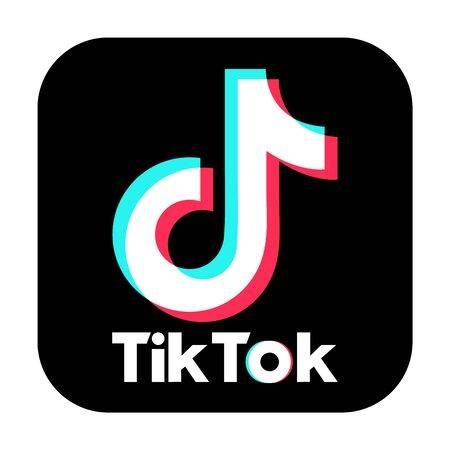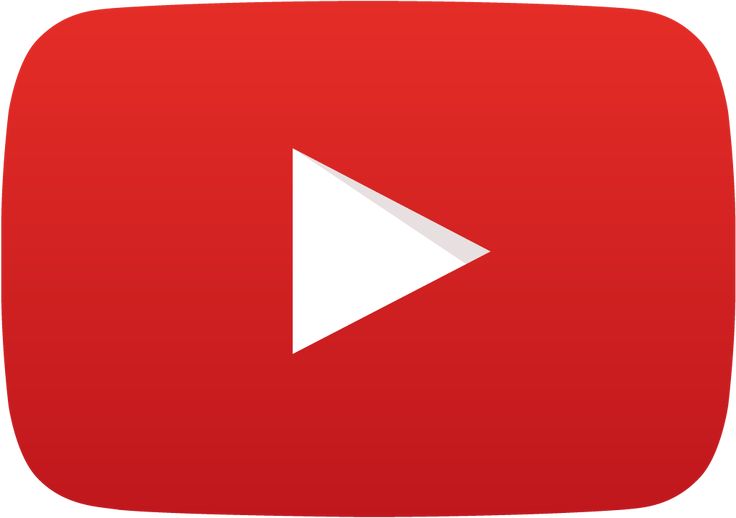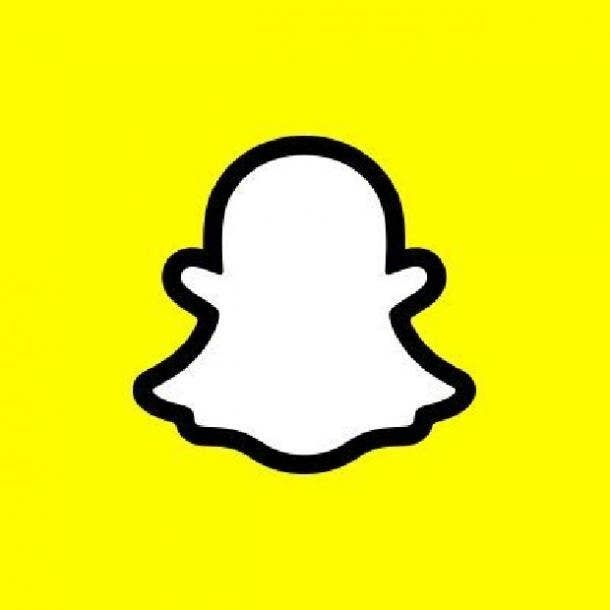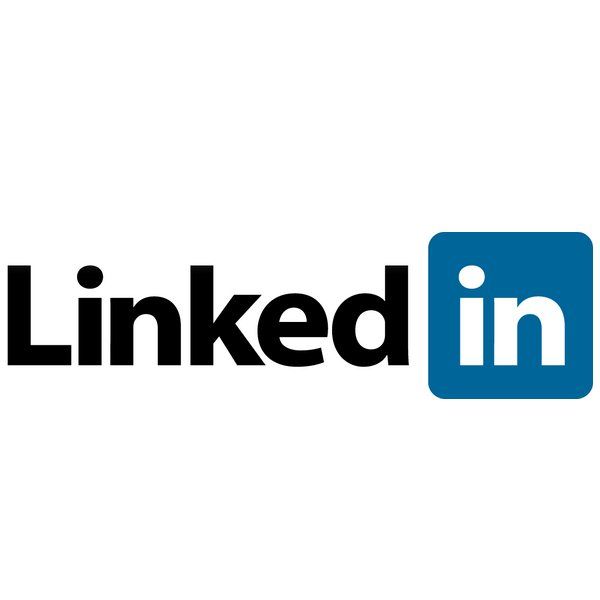In recent years, Instagram has reigned supreme as the go-to platform for influencer marketing. Its visual allure and extensive user base made it a haven for brands seeking to showcase their products. However, as the digital landscape evolves, marketers are encountering a significant shift. The once-exclusive domain of Instagram is now filled with competition, making it increasingly challenging for brands to stand out. This scenario has led marketers to explore and harness the untapped potential of alternative social media platforms. Let’s delve into why in 2024 diversifying strategies across platforms like TikTok, YouTube, Pinterest, Snapchat, and LinkedIn has become imperative for a solid influencer marketing approach.
TikTok: The Viral Powerhouse
TikTok has rapidly emerged as a powerhouse for influencer marketing. With its short, engaging videos and an algorithm that propels content to viral status overnight, it has become a hotspot for brands looking to capture attention. The platform’s emphasis on authenticity makes influencer endorsements feel genuine, making it an ideal space for introducing new products or brands to an audience that thrives on spontaneity. Though the platform is not available in India, it is extensively popular in the US.

YouTube: In-Depth Engagement and Trust Building
YouTube’s platform offers a unique space for detailed content consumption. Its long-form videos facilitate comprehensive product reviews, tutorials, and storytelling. Moreover, the evergreen value of YouTube content ensures a prolonged shelf life, providing enduring value compared to the transient nature of Instagram stories. For brands seeking to cater to consumers in the consideration phase, YouTube is an invaluable resource for detailed information.

Also Read: Smartphones To Look Out For In January 2024
Pinterest: The Inspiration Hub
As a visual discovery platform, Pinterest is perfect for introducing new products or trends. Its user base often arrives with purchase intent or plans, making it a ripe audience for brands. Additionally, the extended lifespan of pins ensures they can continue to drive traffic for longer periods, making it an ideal platform for engaging users in the interest and planning phase of their consumer journey.

Snapchat: Youth Appeal
Snapchat’s appeal lies in its real-time engagement features, catering to a younger demographic that’s often harder to reach on conventional platforms like Facebook. Its augmented reality features provide unique advertising opportunities, such as virtual try-ons, making it an excellent platform for engaging audiences during product launches or events. Snapchat retains audience engagement and builds brand loyalty, particularly among younger audiences and can turn out to be great for marketers.

LinkedIn: Professional Networking and Thought Leadership
LinkedIn, often overlooked in influencer marketing discussions, boasts a professional environment ideal for B2B marketing or targeting professional audiences. It facilitates thought leadership, industry insights, and authentic interactions. For brands seeking to establish authority or partnerships within a professional sphere, LinkedIn offers immense potential.

Diversifying an influencer marketing strategy across these platforms allows brands to cater to audiences at various stages of their buying journey. Each platform presents a unique opportunity to connect authentically, from introducing products to engaging and retaining audiences. As Instagram becomes more crowded, embracing a multi-platform approach not only broadens reach but also ensures meaningful connections with consumers across diverse digital landscapes. In 2024, the success of influencer marketing lies in exploring these untapped avenues beyond Instagram’s confines.


